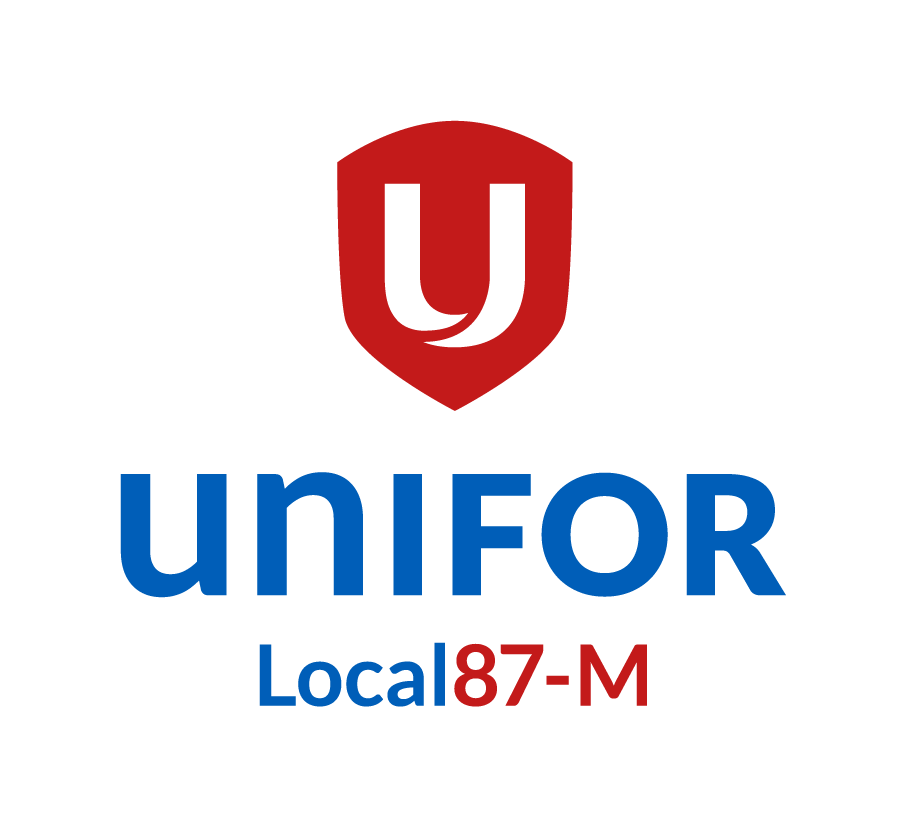Journalists seek action on local news crisis in federal budget
Unifor activists and journalists were on the Hill Oct. 22 to Oct. 24 seeking more considerations for journalists in next year’s federal budget.
Jesse Cnockaert, The Lobby Monitor
Canadian journalists are pushing for faster action to protect local news organizations, and they think next year’s federal budget is the perfect time to do it.
Representatives from Unifor, the trade union that represents 12,000 media workers and 4,000 journalists in Canada, were on Parliament Hill Oct. 22 to Oct. 24 for a lobby day. The group was looking for cabinet ministers to “champion local news”in the upcoming budget to counter what they’re calling a financial crisis that’s resulting in the closure of local news organizations across the country.
A review of the Broadcasting Act is currently underway, and unionized journalists have concerns parliamentarians might want to delay action until 2020 when they have the recommendations from the review panel.
However, Unifor members came to the Hill with the message that there are initiatives that can be put in motion sooner through Budget 2019.
“They are going in the right direction, just a little slowly,” said Howard Law, director of the media sector at Unifor.“We’re saying, here [are] some things you can do right now in the next federal budget to save local news.”
Thirty Unifor representatives were on the Hill and met with 78 government officials.
Unifor representatives put the highest priority on meeting with members of the Heritage and Finance committees, according to Law. They managed meetings with eight of the 13 members of the Heritage committee, including chair Julie Dabrusin (Liberal) and vice-chairs Steven Blaney (Conservative) and Pierre Nantell (NDP).
Unifor representatives also met with three of the 13 members of the Finance committee. They spoke with the committee’s chair, Wayne Easter (Liberal), and Liberal MPs Kim Rudd and Francesco Sorbara, who are also committee members.
The heritage committee was a prime target for lobbying because it released a report in 2017 on Canada’s media landscape. The report noted that traditional media — print, television and radio — are feeling pressure because of digital competition, much of it from outside of Canada, which is siphoning away advertising dollars. Print journalism in particular is feeling the effects, according to the report.
The report went on to make 20 recommendations on dealing with these issues, such as using a tax credit to compensate print media for a portion of their capital and labour investments in digital media, and having foreign news aggregators that are publishing Canadian news be subject to the same tax obligations as Canadian providers to “level the playing field.”
“That report came out in 2017. Everything that’s come out since then has been basically reinforcing that message, so we need to translate the heritage committee recommendations into action,” said Law.
During their time on the Hill, Law and his colleagues put the focus on three main issues they want tackled in the federal budget.
Number one was a request to extend a corporate tax exemption found in section 19 of the Income Tax Act to include online media.The law currently states that advertising in print news sources is tax deductible for the advertiser.
Expanding the law to include online media would allow for cheaper advertising on the Internet.
Unifor’s second request was to change the Tax Act to allow news organizations to accept charitable funding.
“I’m guessing that’s the issue that’s going to get the most traction, partly because it was mentioned as a possibility in the last budget,” said Law.
The group’s third request was for funding increases to the Canadian Periodical Fund, which provides financial assistance to Canadian print magazines, non-daily newspapers, and digital periodicals.
Unifor representatives also met with Minister of Democratic Institutions Karina Gould.
According to Law, it didn’t take much to convince Gould of the problems facing Canadian journalists. Law mentioned that the Internet is full of “bots, trolls and fake news,” and mainstream media is the solution needed to keep the public informed of actual issues.
“I think she understands quite well that you can’t just have a media landscape that’s CBC on one hand, and troll land on the other,” he said.“There’s a huge middle of reliable, professional journalism that’s sinking because of the destruction of the business model.”
Unifor representatives didn’t manage to swing a meeting with Heritage Minister Pablo Rodríguez, although they met with some of his policy advisors.
Law explained he has some “hope” regarding Rodríguez, because some of his comments since assuming the minister position in July have been “in the same direction” of Unifor’s views on the matter. Law said Rodríguez "responded favourably” to the Harnessing Change report prepared by the Canadian Radio-television and Telecommunication Commission (CRTC), which examined market trends for programming distribution in Canada, as a lead-up to the review of the Broadcasting Act.
“Specifically, [he said] everybody has to pay their fair share. I think that’s a reference to American digital giants, Silicon Valley, making money off Canadian eyeballs and not contributing in any way to Canadian media the way domestic, Canadian-owned media companies do,” Law said.
“Eyeball economy” is a phrase that describes the economic value from the number of people viewing content, rather than the amount of products or services sold.
“In terms of [print and web news] organizations, they are sinking below the waterline every day.There needs to be action,”said Law. “Every single [political] party ... understands the problem, they all understand their voters need to be well-informed.They all understand we can’t have the political dialogue corrupted by fake news.”

